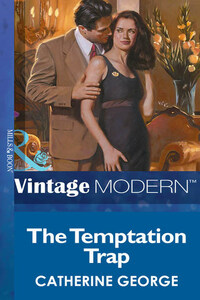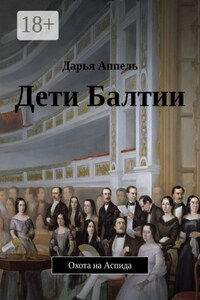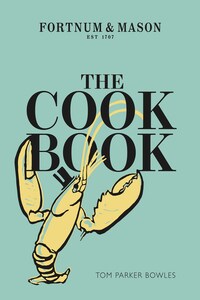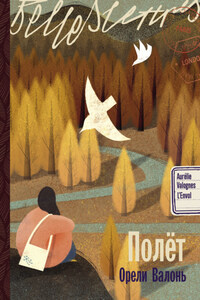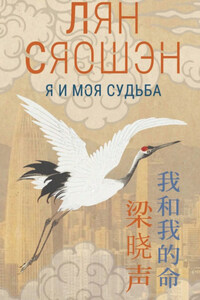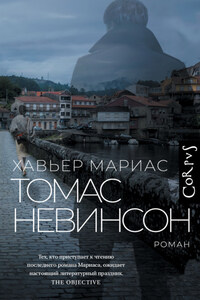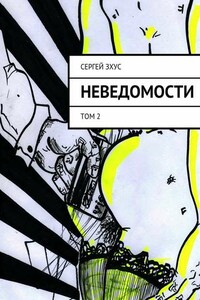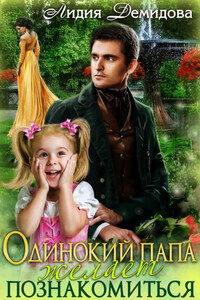THE dark attic was airless in the heat of the June day. Rosanna swung herself up through the hatch, found the light switch and picked her way gingerly through boxes and bundles, past her brother’s electric guitar and old tennis racquets, the small desk she’d used as a child. Eventually, behind a pile of boxes full of Christmas decorations, Rosanna spotted some battered old luggage and in triumph seized on a suitcase stencilled with the initials R.N. She threw open the lid, then sat back on her heels, suddenly reluctant to disturb the layers of silver paper. Her grandmother had been dead for a long time but it felt like trespass, nevertheless, to rummage through the belongings Rose Norman had once locked away so carefully.
In silent apology Rosanna lifted the top layers of paper, revealing not, as she’d expected, a favourite ball-gown from Rose’s youth, but worn grey dresses folded with voluminous aprons yellow with age, the red cross prominent on the bibs.
Rose Norman had been a VAD, a member of the Voluntary Aid Detachment in the First World War. Rosanna had always loved hearing how her grandmother had left home at the tender age of seventeen to tend the wounded, unpaid, armed with only a basic training in first aid, but fired with the desire to help.
Rosanna took the clothes out and began filling polythene bags with the countless letters and photographs stored underneath. When the only thing left was a linen bag containing a rosewood box, Rosanna slid it into one of her carrier bags, replaced the clothes in the case, then climbed down to the landing with her haul and pushed the stairs up into place behind their square wooden cover in the ceiling.
Rosanna took her treasure trove down to the kitchen and laid it out on the big round table, amused by her mother’s cunning. Rosanna had actually been driving her to Heathrow Airport when Henrietta Carey casually mentioned that a man was coming to the house the following evening.
‘I meant to tell you before, darling, but with you so snowed under with work it slipped my mind. This Mr Fraser called round last week, credentials very much in order. I thought you wouldn’t mind dealing with it.’
‘Deal with what? Who is he? What does he want?’
Mrs Carey explained that quite by chance she’d seen an item in the Personal column of The Times, a request for information about Miss Rose Norman.
‘Really?’ Rosanna’s eyes lit up. ‘Why didn’t you tell me this before?’
‘I thought you might talk me out of contacting Mr Fraser in case he was up to no good.’
‘As if I could talk you out of anything!’ Rosanna chuckled and, having parked the car, began hauling out suitcases. ‘Who is he, and where does Grandma come in?’
‘He’s involved in research for memoirs of some kind. I liked him.’ Henrietta gathered up her flight bag, smiling at her daughter. ‘I told him to call round after dinner, so make sure you’re in.’
Rosanna drove back into North-West London, quite taken by the idea of research about Rose Norman. Henrietta Carey hadn’t enlarged much on this Mr Fraser, but if he was writing memoirs he was obviously elderly. In which case, after sherry and biscuits, and some reminiscences about her grandmother, he could be eased politely on his way. In the meantime, thought Rosanna happily, with no Monday morning rush to work she had an entire, leisurely day to sort something out for this Mr Fraser.
Rosanna had assumed she knew everything there was to be known about her grandmother, until her mother mentioned the suitcase. Rose Norman had passed it on to her daughter just before she died, and told her to show it to Rosanna when the time was right.
And now, thought Rosanna, pulling the first batch of letters towards her, the time is perfect. She’d packed in her job and, though sharing a flat with her friend Louise was fun most of the time, the prospect of living alone for a while, house-sitting for her mother, was absolute bliss. A spot of research about young VAD Rose Norman was the icing on the cake.
